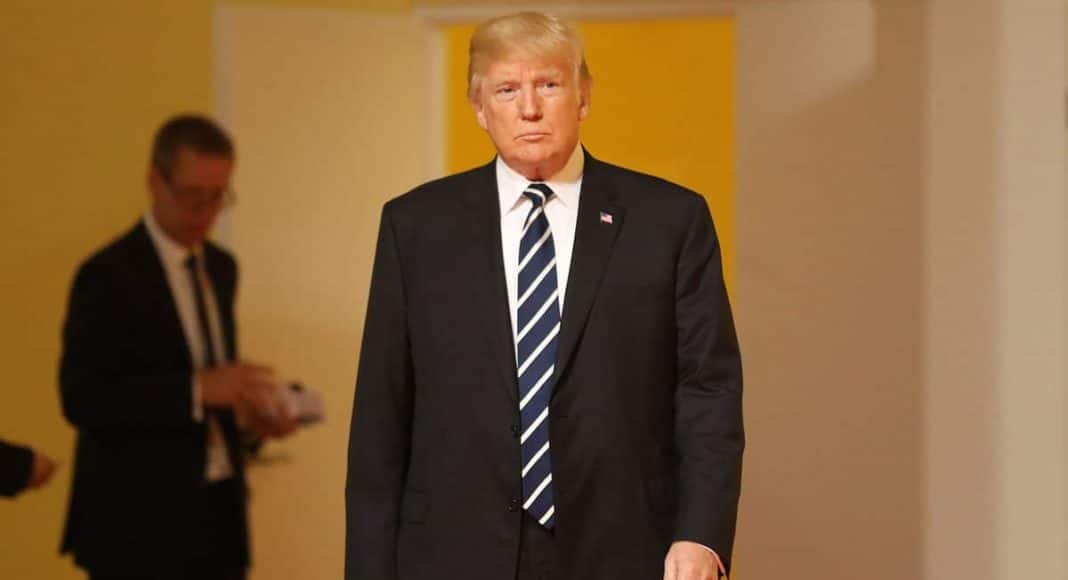Earlier this week, President Trump released his Administration’s FY19 budget, alarming drug policy reform advocates by increasing funding for programs most associated with the war on drugs. Just two years ago, President Obama’s budget focused more money on treatment and prevention than enforcement and interdiction. Trump’s budget appears to be a reversal of that approach.
“Trump’s budget proposes new funds for addressing the opioid overdose crisis but far more money is being sought by the president to escalate the war on drugs,” said Grant Smith, Interim Director of Drug Policy Alliance’s Office of National Affairs. “We know from decades of locking people up for drugs that it doesn’t work to curb drug use but Trump’s budget proposes wasting billions of dollars to do exactly that. That money would be much better spent on harm reduction and treatment interventions that actually prevent overdoses and save lives.”
The Most Concerning Aspects Of The Budget:
- An increase of $400m from the FY17 level enacted by Congress for the Drug Enforcement Administration (DEA) – a scandal-ridden agency.
- $18 billion over two years in funding to build a wall at the border with Mexico with the twin goals of stopping the flow of drugs and immigrants, when evidence shows it will do neither and is an astonishing waste of money designed only to stoke racial tensions and xenophobia.
- An increase of $5m for Interagency Crime and Drug Enforcement – an entity that coordinates federal agencies to arrest and prosecute drug sellers
- $50m in funding for an anti-drug media campaign, which Congress eliminated in 2012 after studies showed that the hysterical nature of such campaigns may have led to an increase in drug use.
- $43m for drug courts, despite mounting evidence that drug courts reject evidence-based approaches to treating drug use, often banning methadone and buprenorphine, and treat drug use as a criminal issue, not a public health issue.
- A cut of $20m for the Second Chance Act, a program that helps incarcerated individuals to re-enter society upon release
Reagan-Era Program Moved To DEA
It is also deeply concerning to see that the High Intensity Drug Trafficking Area (HIDTA) program is to be moved to the Drug Enforcement Administration. This Reagan-era program incentivizes state and local law enforcement to make drug arrests and then send the bill to the federal government, increasing incarceration and allowing states to shirk fiscal responsibility for their actions. HIDTA should be eliminated, not moved, or at a minimum reformed to ensure the program focuses on high-level traffickers.
While there are net increases in funding to tackle the opioid epidemic, too much of the funding goes towards law enforcement agencies. The section of the budget on federal drug control funding shows that while there is around $900m in increased funding for the Department of Health and Human Services, there is a parallel increase of $775m for the Department of Justice and Department of Homeland Security to carry out drug enforcement activities. The Administration’s claim that it is requesting $13 billion to “combat the opioid epidemic” is overshadowed by the request of $18 billion to build a wall.
Ultimately, the fate of the budget proposal is in the hands of Congress. In recent years, there has been a bipartisan attempt to move us away from the war on drugs. Republicans and Democrats continue to work together on marijuana legalization, sentencing reform and treating the opioid overdose crisis as a public health issue – not a law enforcement one.
This story was first published by the Drug Policy Alliance.


